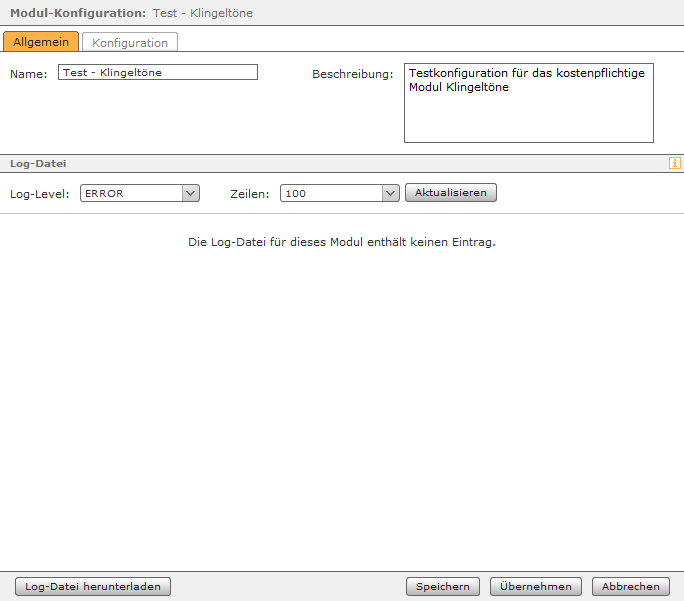Reiter Knowledge And Action
Posted : admin On 25.08.2019The 'ULTIMATE' Racing Car Chassis Setup Guide and Tutorial. The Most Complete Racing Car Chassis Setup Tutorial Guide Available presented by Shown above is a gaming expo fair in Europe that held a contest for the best gamer team in a newly released 1st shooter game competition. Race car setup guide. Step-by-Step RaceCar Setup Guide. 9/10/2018 1 Comment This guide will give you a procedure to follow to start optimizing the setup on virtually any car. So as not to fill the guide with repeated information, it is assumed the reader has a basic knowledge of racing and setup terms.

Raymond Reiter (/ˈraɪtər/; June 12, 1939 – September 16, 2002), was a Canadiancomputer scientist and logician. He was one of the founders of the field of non-monotonic reasoning with his work on default logic, model-based diagnosis, closed world reasoning, and truth maintenance systems. He also contributed to the situation calculus.
He was a fellow of the ACM, the AAAI, and the Royal Society of Canada. He won the IJCAIAward for Research Excellence in 1993.
The National Academies' Roundtable on Science and Technology for Sustainability hosted a workshop 'Knowledge-Action Systems for Seasonal to Interannual Climate Forecasting' in 2004 to discover and distill general lessons about the design of effective systems for linking knowledge with action from the last decade's experience with the production and application of seasonal to interannual. Non-uniformKnowledgeInTheSituation Calculus by JamesTwigg. The situation calculus as described by Raymond Reiter5. Our approach to knowledge representation in the situation calculus closely follows that of Moore9, 10 by using a. Behaviour of a sensing action without that knowledge revealing the result of the action beforeitisperformed.
Works[edit]
- R. Reiter (1978). On closed world data bases. In H. Gallaire and J. Minker, editors, Logic and Data Bases, pages 119-140. Plenum., New York.
- R. Reiter (1980). A logic for default reasoning. Artificial Intelligence, 13:81-132.
- R. Reiter (1987). A theory of diagnosis from first principles. Artificial Intelligence, 32:57-95.
- R. Reiter (1991). The frame problem in the situation calculus: a simple solution (sometimes) and a completeness result for goal regression. In Vladimir Lifschitz, editor, Artificial Intelligence and Mathematical Theory of Computation: Papers in Honor of John McCarthy, pages 359-380. Academic Press, New York.
- R. Reiter (2001) Knowledge in Action: Logical Foundations for Specifying and Implementing Dynamical Systems (448 pp.). The MIT Press, Cambridge, Massachusetts and London, England.
- R. Reiter and J. de Kleer (1987). Foundations of assumption-based truth maintenance systems: Preliminary report. In Proceedings of the Sixth National Conference on Artificial Intelligence (AAAI'87), pages 183-188.
- H. Levesque, F. Pirri, and R. Reiter (1998). Foundations for the situation calculus. Electronic Transactions on Artificial Intelligence, 2(3–4):159-178.
- F. Pirri and R. Reiter (1999). Some contributions to the metatheory of the Situation Calculus. Journal of the ACM, 46(3):325–361. doi:10.1145/316542.316545

